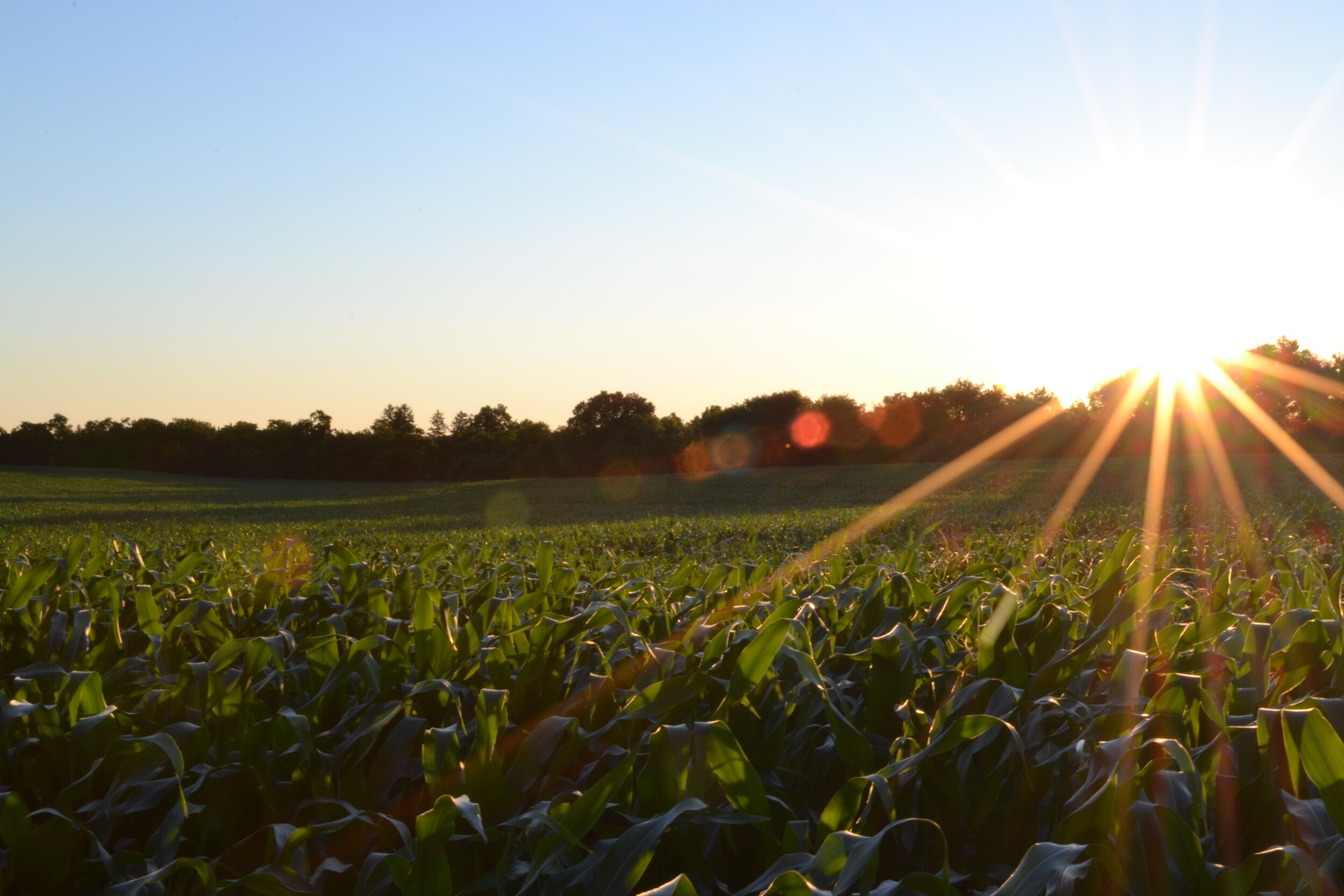
Farmers
Working with local schools provides famers with a significant new source of income.
Mississippi schools want to purchase local foods for their school meal programs. On average, farms across the country see a 5% increase in farm revenue from school sales. Some even see closer to 50% to 60% of their income from schools. The resources here will help you figure out how to sell to schools, but remember, it all starts with a conversation with your local food service director. The Mississippi Farm to School Network is here to help facilitate those relationships, so please reach out if you need assistance.

Video: A Guide for Farmers
How can farmers get involved in a farm-to-school program? Why would a farmer want to be involved in a farm-to-school program? Schools in Mississippi serve thousands of meals to students daily, which means they are purchasing thousands of pounds of produce nearly every week. This video explains how to start selling to schools and how you can get involved in school programs in other ways.
When to Connect with Schools
This Farm to School Calendar lays out the timeline for growing the food that ends up on the table in schools and provides information on the best time for farmers to connect with schools.
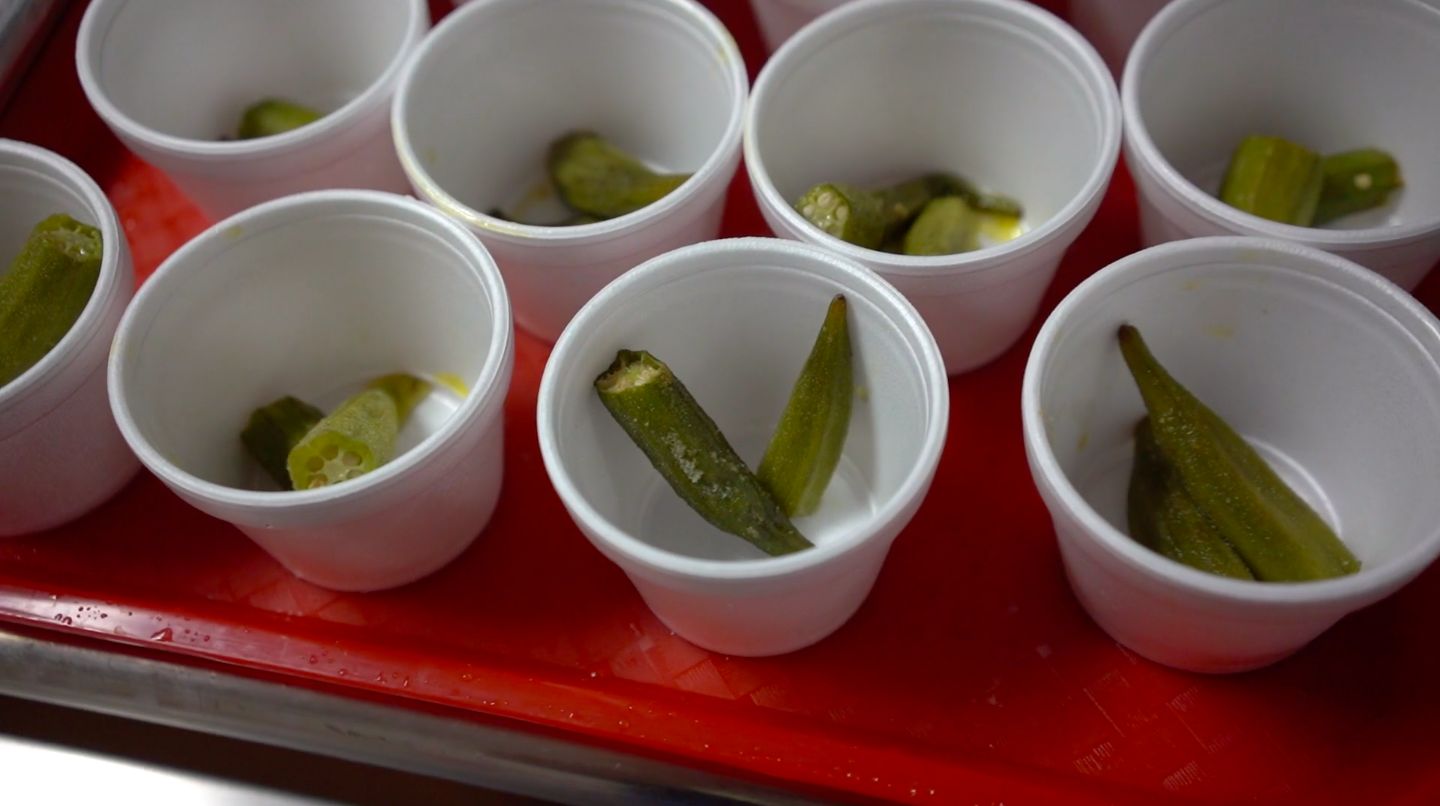
Growing relationships with schools.
Selling your products to schools.
Resources for Farmers
Integrating organic practices into Farm to School initiatives benefits both farmers and students. Download the guide to learn more about organic growing practices in farm to school.
Looking to expand your market and connect with local early care and education (ECE) centers? The Mississippi State Department of Health's Childcare Provider Search is a valuable tool to help you find licensed ECE centers by county.
What is farm to early care and education and why should your childcare program participate? What are the benefits and what will it take to get your program going? View this infographic for more information.
A school garden can have many benefits on the students. The children can learn the importance of eating healthy food as well as supporting local growers. This resource provides a 4 step process to beginning a school garden program.
Farm-to-preschool programs take many forms. These tips from Ecotrust will help get you started.
This fact sheet from the National Farm to School Network offers steps for instituting farm to early care and education practices in early care and education settings.
A school garden can have many benefits on the students. The children can learn the importance of eating healthy food as well as supporting local growers. This resource provides a 4 step process to beginning a school garden program.
This guides explores how teachers can use The Creative Curriculum® for preschoolers as a foundation to embed farm to ECE learning opportunities into their existing practices.
This guides explores how teachers can use The Creative Curriculum® for Toddlers, & Twos as a foundation to embed farm to ECE learning opportunities into their existing practices.
The Mississippi Sustainable Agriculture Network was created by farmers for farmers and their mission is to allow sustainable and organic agriculture to be cost-friendly as well as to attract a new generation of farmers through social networking.
This resource is for producers trying to sell to local schools. There are 4 ways you can take to partner with districts near you. To learn more about these different ways, click here.
The Lunch Box provides school district administrators, food service directors, and their teams with the tools and resources they need to serve healthy, nutritious, and delicious food to every student, every day.
This fact sheet explains the use of geographic preference when deciding which farm to select for purchasing locally grown food.
The Department of Defense Fresh Fruit and Vegetable Program (DoD Fresh) allows schools to use their USDA Foods entitlement dollars to buy fresh produce. Read the article to learn more about how this could impact your school
This resource takes an in-depth look at what makes food truly "local" and how providing healthy, locally grown food is sometimes more than just fruits and veggies.
Farmer Request for Information (RFI) forms are a great way for schools to catalogue the local foods available to your school district. Not sure where to start? This guide will walk you through the process.
This map from Mississippi State University will help you figure out when to plant or harvest crops in your area.
A look at how Boulder Valley School District (BVSD) Food Services made the most out of their U.S. Department of Agriculture farm-to-school grant by focusing on education and marketing.
A report from the Mississippi Farm to School Interagency Council on the progress of the council through December 2014.
Tupelo Public School District’s "Growing Healthy Waves" program worked with FoodCorps to educate students about food and nutrition using farm-to-school principles.
The mission of the Mississippi Food Policy Council is to advocate for food and farm policies that build healthy communities and strengthen local food systems.
MEGA is a non-profit organization founded in Shelby, MS by co-Lead of the Mississippi Farm to School Network Dorothy Grady-Scarbrough. Click here to visit the MEGA Facebook page to learn more!
Developed by the Harvard Law School Health Law and Policy Clinic and the Harvard Law School Mississippi Delta Project, this May 2011 report examines and benefits and methods for expanding farm-to-school programs in Mississippi.
FoodCorps — a nationwide team of AmeriCorps leaders — connects kids to real food and help them grow up healthy.
A nonprofit organization, MAC serves farmers, their families and communities in increasing their livelihood security and improving quality of life.
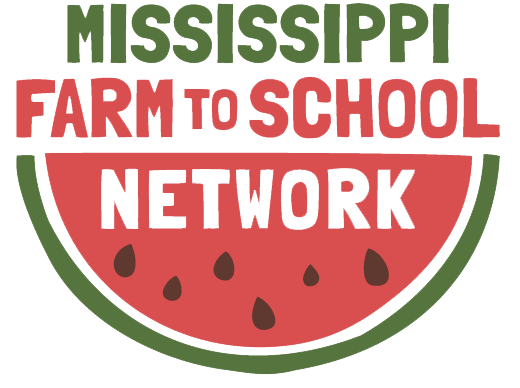




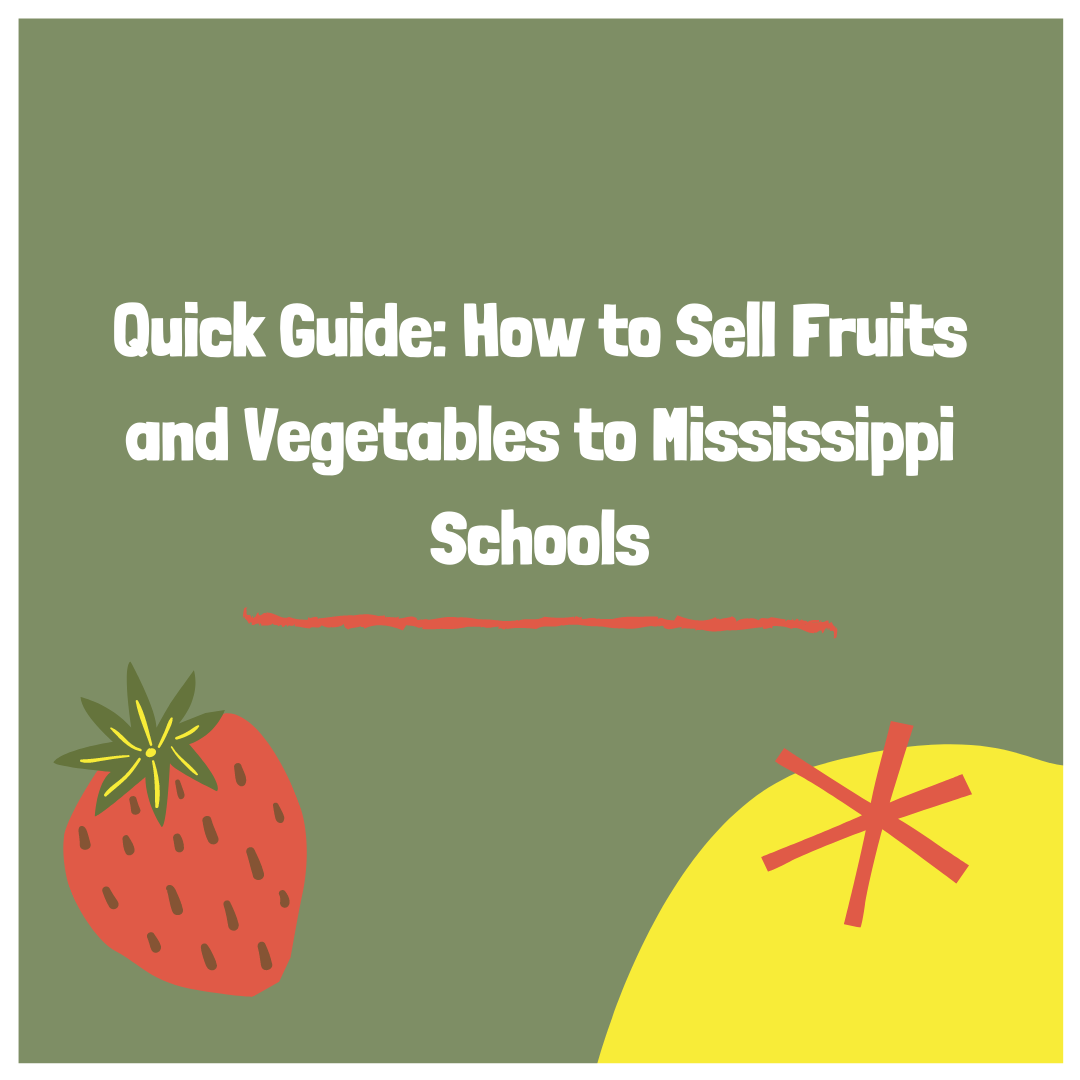




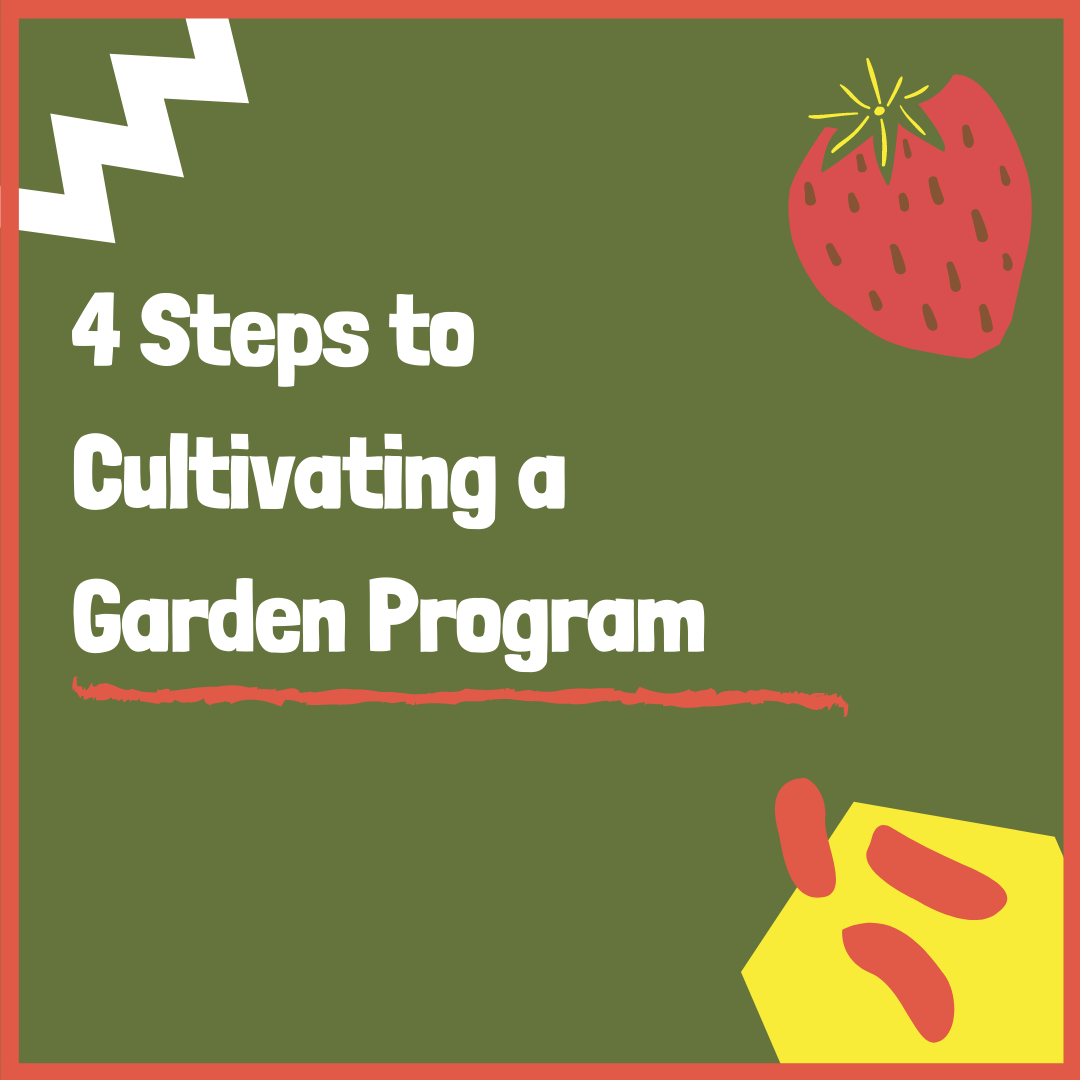







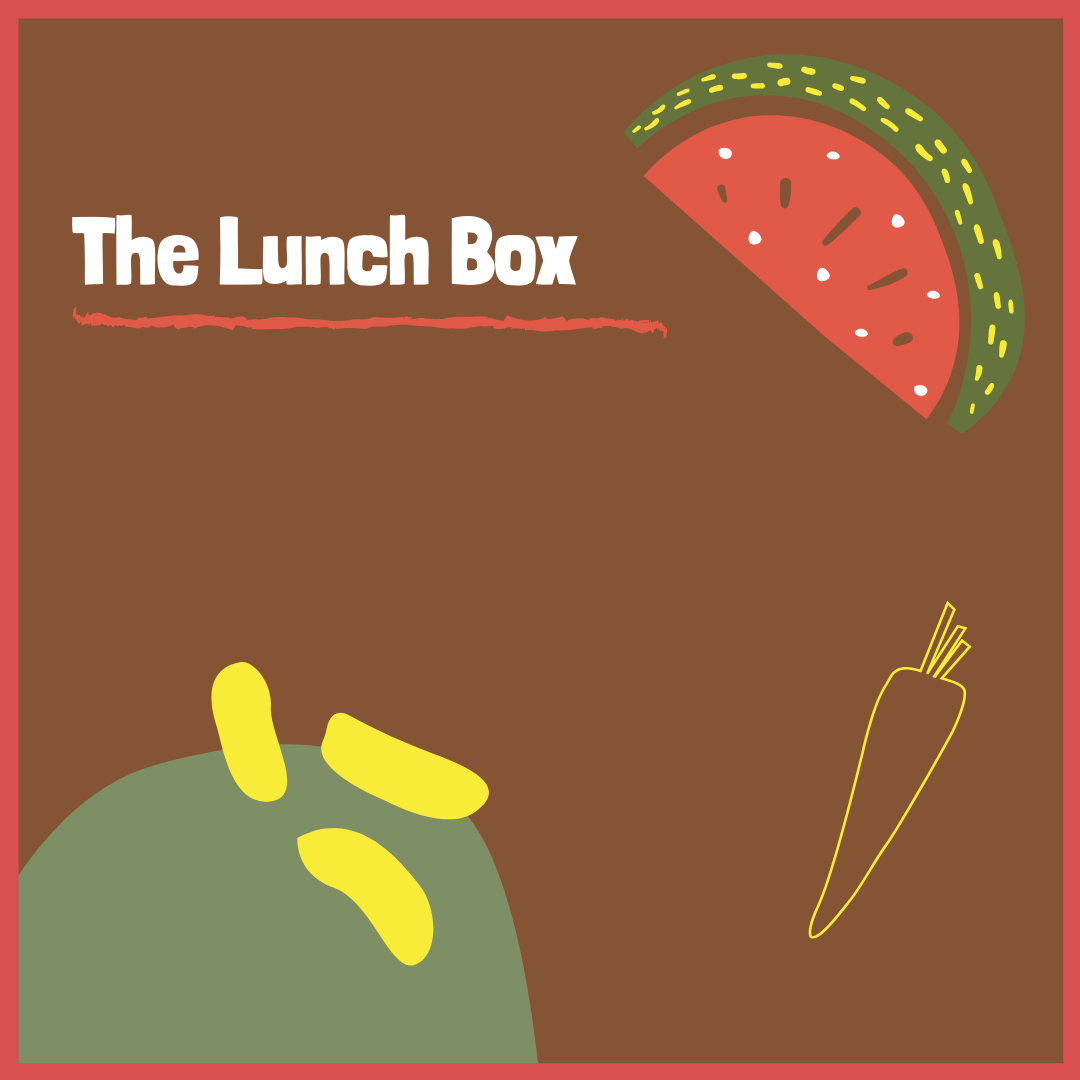














This step-by-step purchasing guide aims to help school foodservice directors in Mississippi start to purchase locally grown foods to be served in school meals.